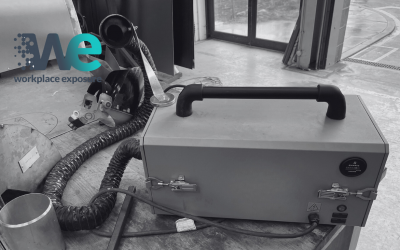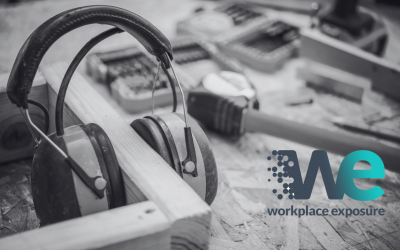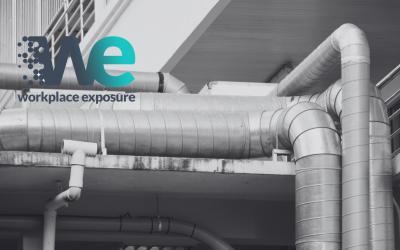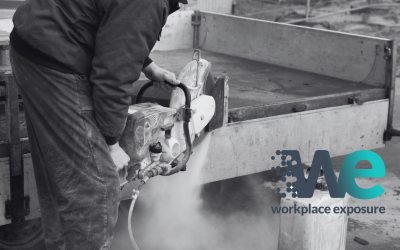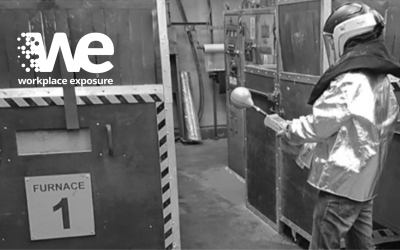Understanding Hand Arm Vibration (HAV) in UK Workplaces
Why Hand Arm Vibration is a Growing Concern in the UK In the UK, hand arm vibration (HAV) is a serious occupational health risk, particularly in high-risk sectors such as construction, manufacturing, and heavy industry. Workers using vibrating tools like grinders,...
How to Use Moveable Arm Capture Hoods
How to Use Moveable Arm Capture Hoods for Effective Local Exhaust Ventilation Controlling hazardous substance exposure is critical in any workplace where fumes, dusts, gases, or vapours are generated. One of the most effective control measures within occupational...
How to Choose the Right Hearing Protection
How to Choose the Right Hearing Protection How to choose the right hearing protection, If you are exposed to unavoidable noise at work for too long then it can damage your hearing. Overexposure to loud sounds can be hazardous and could cause long-term hearing problems...
A Guide to Local Exhaust Ventilation (LEV) Testing
A Guide to Local Exhaust Ventilation (LEV) Testing Annually, workers around the world contract occupational lung diseases and disorders such as Asthma and Chronic Obstructive Pulmonary Disease (COPD) as a result of overexposure to hazardous substances. It is essential...
What Is Isocyanate Exposure Testing?
Reducing exposure to isocyanates is crucial to eliminate potential workplace-related health issues, especially in the automobile and building industries. They are commonly found in construction products including paints, building insulation, and other materials used in retail, commercial and industrial spaces.
Isocyanates are a family of highly reactive, low molecular weight chemicals that are known to cause illnesses such as asthma and hypersensitivity pneumonitis. In turn, those persistently exposed to these dangerous molecules are likely to experience cold-like symptoms.
Although workers are encouraged to seek professional advice regarding these symptoms, organisations must conduct Isocyanate Exposure Testing to monitor the workplace exposure limits set by authorities regarding isocyanate groups.
Local Exhaust Ventilation (LEV) Regulations – COSHH Regulation 9
Local Exhaust Ventilation (LEV) Regulations - COSHH Regulation 9 Local Exhaust Ventilation (LEV) maintenance is incredibly important. Every year employees suffer from breathing in dust, fumes and other airborne hazards at work. This can lead to long term damage and...
Occupational Noise Exposure: The Regulations and How to Minimise Risks
Occupational Noise Exposure: Regulations and How to Minimise Risk Workplaces can be full of hidden dangers that are hazardous to our health. Noise exposure affects all industries and can leave employees with long term health problems. Ensuring compliance with current...
Controlling Exposure to Respirable Crystalline Silica (RCS)
Controlling Exposure to Respirable Crystalline Silica (RCS) Overexposure to RCS can lead to accelerated silicosis. This is a form of lung disease that can develop if a worker has been exposed to large quantities of silica dust. If you work in a high-risk industry such...
Electro Magnetic Field (EMF) Testing
Electro Magnetic Field (EMF) Testing Workplaces can be dangerous and hazardous places, so maintaining high safety levels is vital for the wellbeing of your employees. All companies will have their own procedures in place to manage risks and ensure that their workers...
Health and Safety in Bakeries
Health and Safety in Bakeries The smell of fresh bread in the morning evokes feelings of wellbeing and happy memories, so you would be forgiven for not immediately associating a bakery as a hazardous place to work. However, bakeries can be full of potential risks to...
0800 689 4386
Give us a call to discuss your requirements
and find out how we can help.

